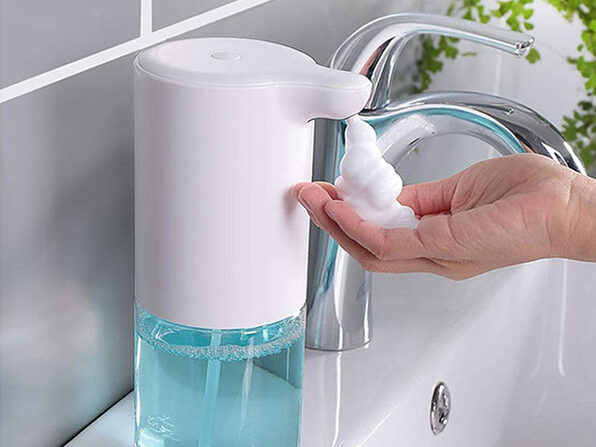In the UK, over 15.3 million people are aged 60 and above, a number that is expected to cross the 20 million mark by 2030. In addition, the population aged 65 years or more stands at 11.8 million, a number that is projected to rise by over 40% to over 16 million in the next 17 years, according to data published in the April 2018 report, Later Life in the United Kingdom, by Age UK.
No one finds the idea of getting old fascinating. But it is one truth that no living being can deny. Due to advancements in medical technology, life expectancy has increased all across the world. However, with people living longer, they also have to contend with failing health for a longer period of time. Experts at Ashton Leigh, a reputed residential care home in Crawley, say that old age bring its own challenges, where the elderly find it difficult to care for themselves but do not wish to lose their independence or dignity. This is the fine balance that residential facilities for the elderly need to ensure, while also ensuring high quality of life.
Here are five reasons why it is a good decision to opt for care homes, such as those in Crawley and West Sussex.
4 Advantages of Living in a Residential Care Home
- Allows Consistent Care: No doubt, many caregivers are providing the best care and attention to the elderly at home. However, caring at home has its limitations. Not being trained medically also throws up its own challenges. There is a need for 24/7 specialised attention, especially for the elderly diagnosed with degenerative disorders like dementia and Alzheimer’s.
- Home Comfort: The home environment might offer a lot of comfort, but family members need to leave the elders all by themselves for a large part of the day to take care of their own work and other responsibilities. This makes the home unsafe for senior citizens. Care homes create a home-like environment with big sizes, well ventilated bedrooms, cinema room, garden area, saloon, carpets and kitchen, while offering personalised care to the elderly. The biggest advantage of such residential facilities is that seniors get to socialise with people their own age and participate in various activities that keep them physically and mentally active.
- 24/7 Assistance: The aim of residential care homes is to provide home-like care through well-trained and experienced medical professionals. This ensures the well-being of the residents, with the availability of specialised assistance, 24/7.
- Creates Actionable Plans: People suffering from mild to moderate dementia need constant monitoring and care. In various care homes, such as those in Crawley and West Sussex, the staff works closely with the residents and their family through regular meetings to ensure personalised care.
The part that gives family members the maximum peace of mind is that they know their loved ones are in good hands, living their life to the fullest.














